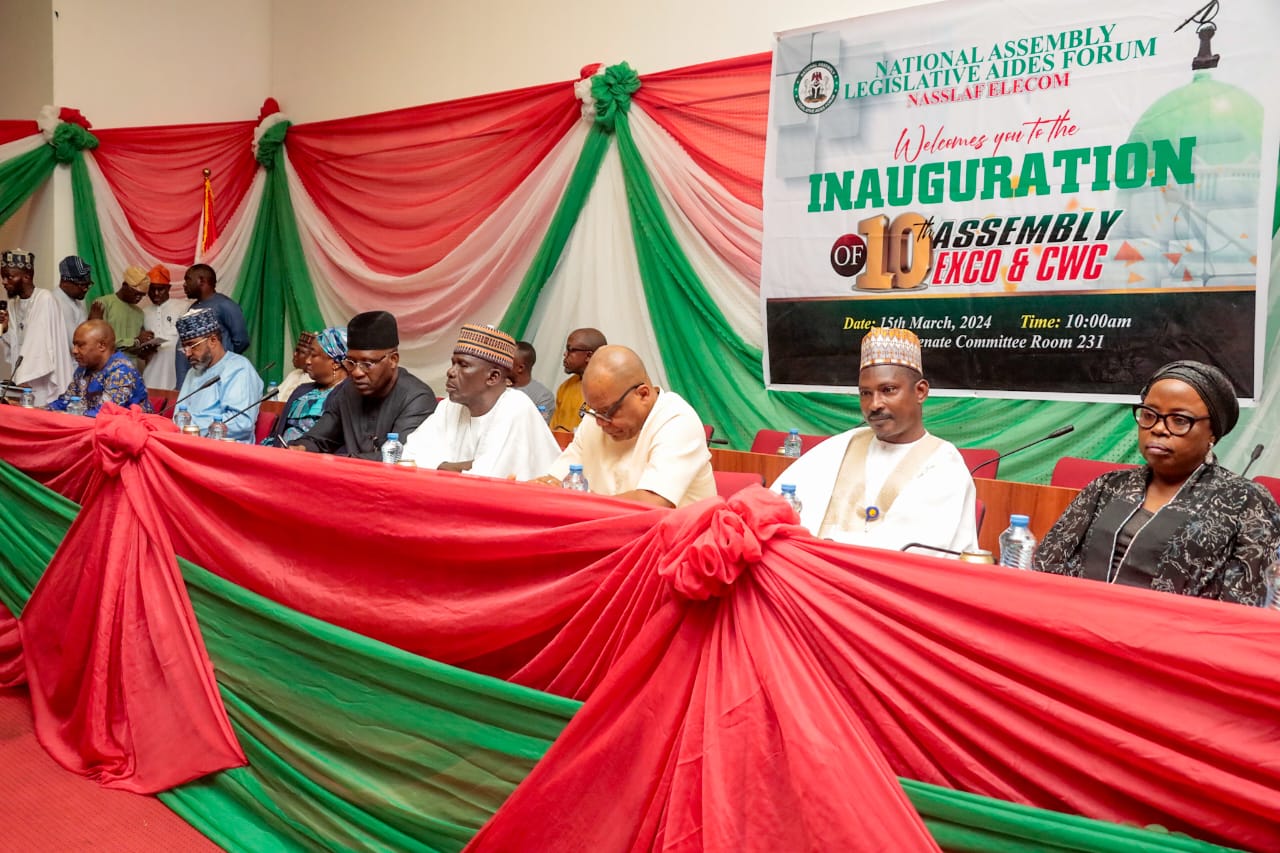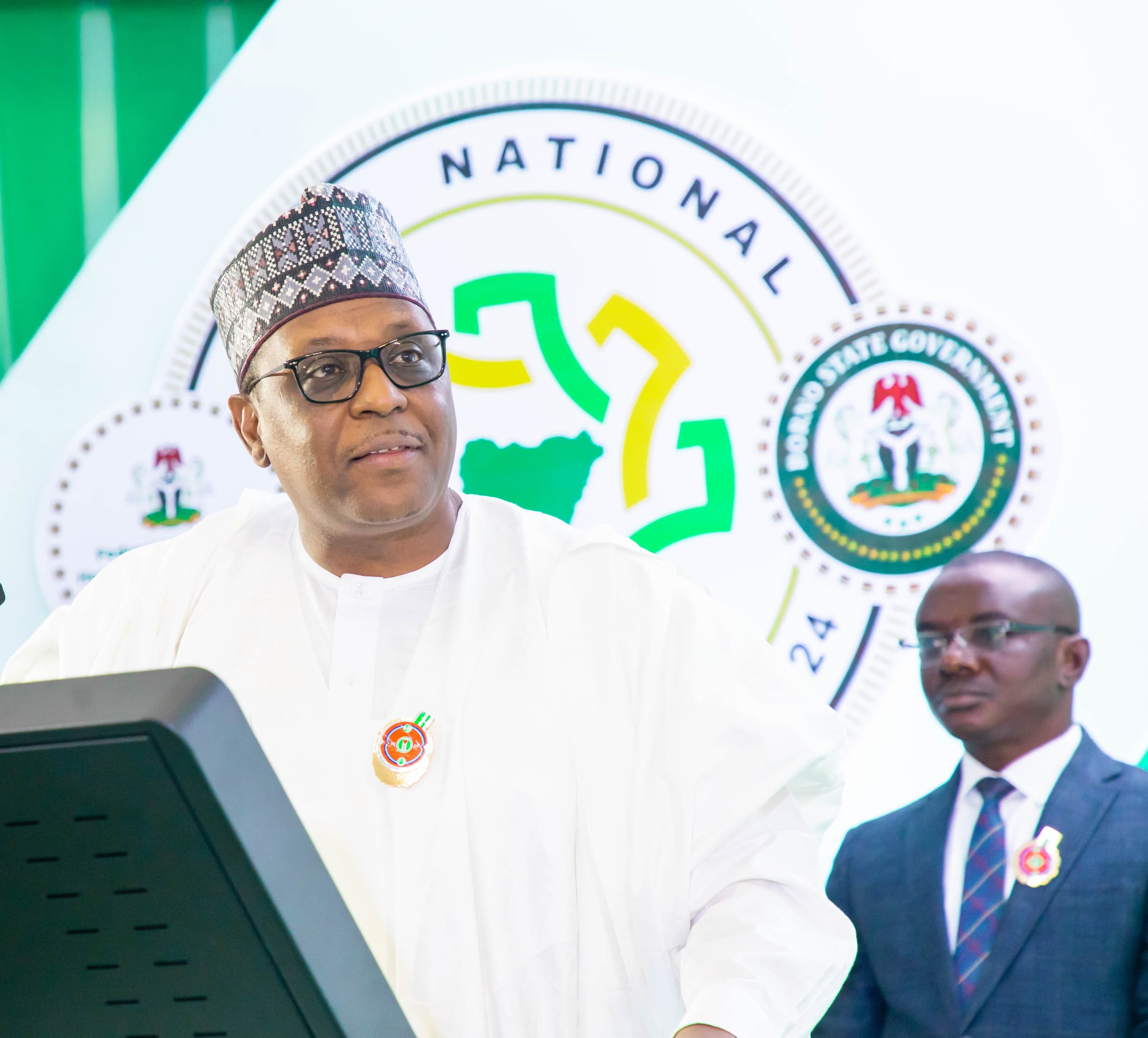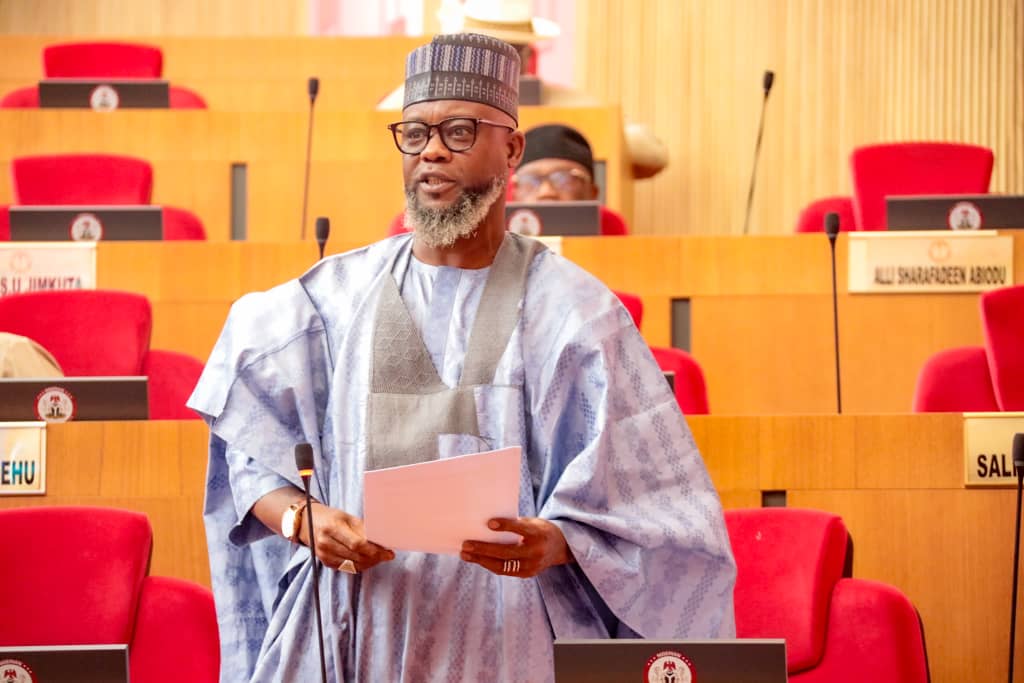Foundation Urges Legal Protection for Tip Money in Nigerian Workplaces

Tilova 4 Africa, a U.S.-based charity organisation, has called on the Nigerian government to formally decriminalise the practice of tipping in workplaces, urging the Federal and State authorities to enact legal protections for employees who receive gratuities from satisfied customers.
Speaking at a press conference in Awka on Sunday, Mr. Martin Nwabueze, Co-founder of Tilova 4 Africa, emphasised that “tip money”—voluntary monetary appreciation given to attendants for satisfactory service—should be recognised as a legitimate and protected income source in Nigeria, just as it is in many Western nations, particularly the United States.
“It is baffling that in Nigeria, service attendants risk being sacked for accepting tips, even when these are freely offered by customers who wish to show appreciation. This needs to change,” Nwabueze said.
He noted that in the U.S., tipping is not only culturally accepted but is a central part of workers’ income, with some establishments providing tip jars or electronic options for customers. He also referenced former U.S. President Donald Trump’s campaign, where the promise to remove taxes on tip income was a major talking point and was eventually included in what Trump called his “big beautiful bill.”
Nwabueze stressed that while tipping is not technically illegal in Nigeria, the absence of formal regulation allows some employers to penalise workers for receiving such monetary appreciation. He called on the government to establish a legal framework that protects employees from retaliation and ensures their right to receive tips without fear.
“Tip money is not a bribe—it is a reward for a job well done. It boosts worker morale, encourages better service delivery, and reduces the temptation to commit petty thefts out of frustration from poor wages,” he said.
Citing personal observations during his visit to Nigeria, Nwabueze lamented that many service workers—particularly in hotels and bars—either refuse or are afraid to accept tips due to threats of dismissal from their employers.
He argued that in a country where wages are often insufficient to sustain workers for two weeks, the opportunity to receive tips should not only be allowed but encouraged as part of a broader strategy to improve worker welfare.
READ ALSO: Group Slams Gowon Over Aburi Accord Claims, Accuses Him of Justifying Biafran Genocide
Nwabueze revealed that Tilova 4 Africa is already engaging stakeholders across public and private sectors to promote a cultural and policy shift on the issue. He advocated for awareness campaigns and legislative actions that would enable service-sector workers to receive and enjoy tips—whether in cash or through electronic means—without fear of punishment.
“Establishing tip-sharing policies, like those in other countries, could also help promote fairness and transparency in how tips are distributed among staff,” he added.





